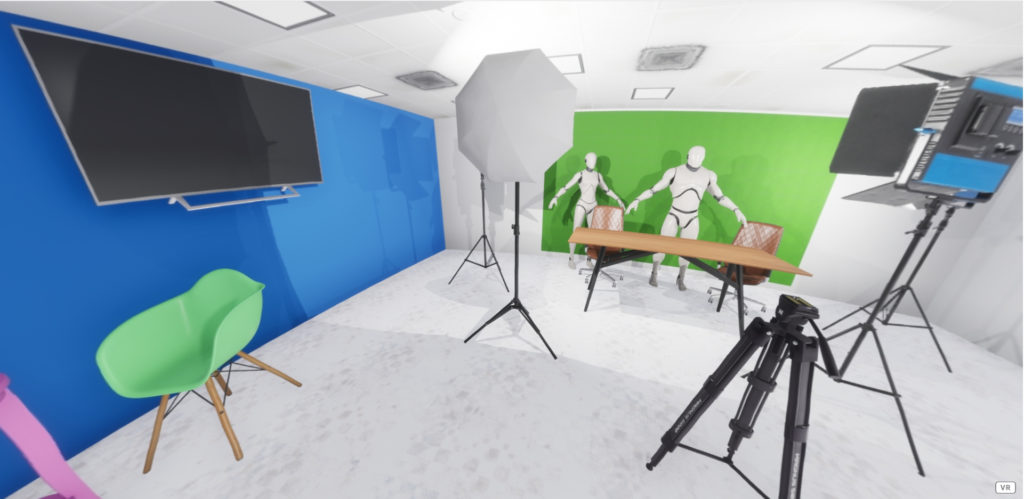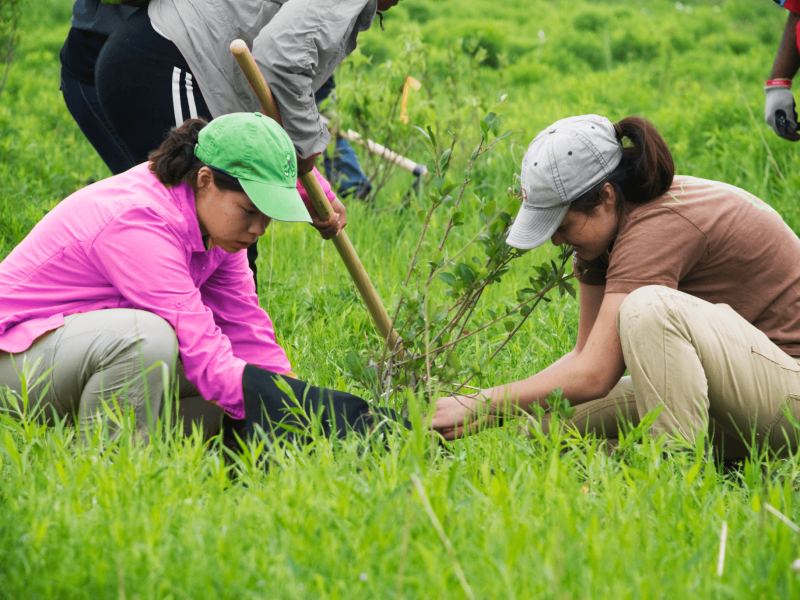Georgian College: Digital transformation strategy
The demand is rising for graduates with advanced digital skills who are comfortable working remotely and with Extended Reality (XR) — simulations, augmented reality, virtual reality, and multimedia. Through this project, Georgian College will increase the knowledge, skills, comfort, and use of XR technologies across the organization to improve student learning and enable access for students, faculty, and staff. The project emphasizes lowering barriers specifically for rural students as well as women, Indigenous peoples, immigrants, newcomers, and students with disabilities.
Evaluation Report:
Evaluation of Digital Transformation Report

Future Skills Centre is investing $955,200 to this 2-year project. Georgian College’s Digital Transformation Strategy includes three pilots:

1) leveling up all staff, students, and faculty via a changemaker process while unlocking new XR tools and technologies for everyone.
2) augmenting health, wellness and sciences with advanced XR technologies; and
3) using XR in an adaptive learning model in Construction Trades to attract more women and Indigenous students.
Evaluation Strategy
This project is evaluated using tools and approaches aligned with its goals, context, and stage of development. The evaluation focuses on generating the right evidence at the right moment to move the intervention forward. Read more about our evaluation strategy.





